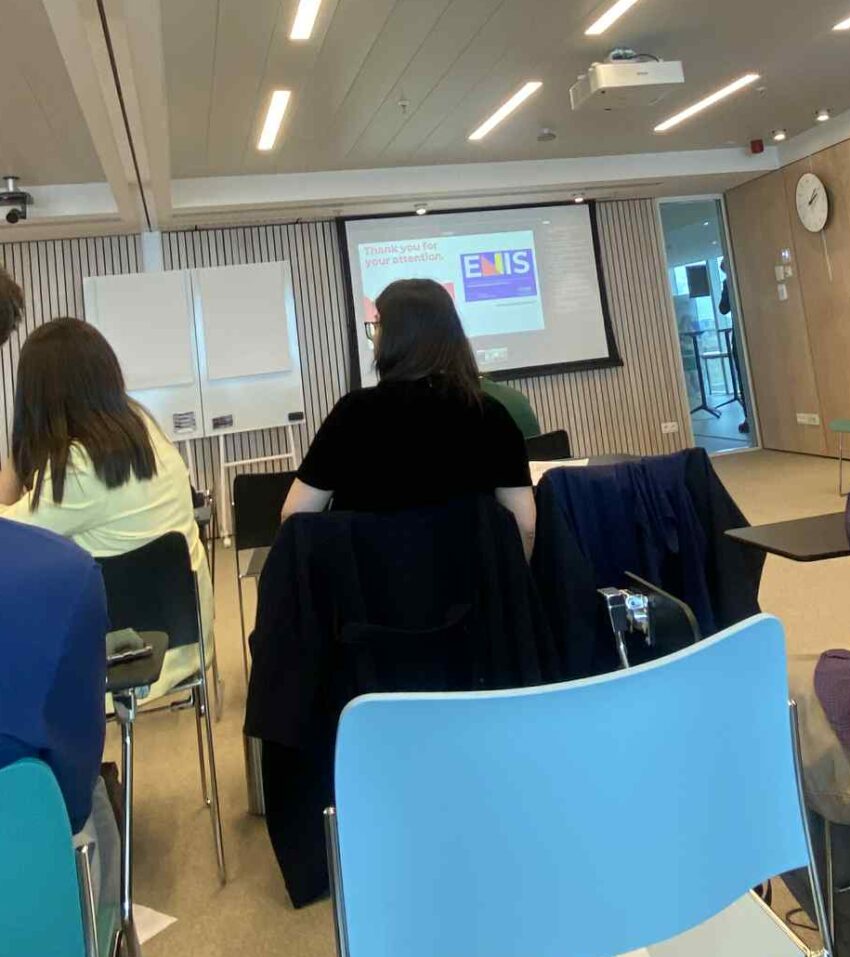On 16 September, I had the opportunity to take part in the ENIS Impact Seminar in Brussels, a gathering that brought together researchers, policy makers, and practitioners to reflect on the impact of our work and explore ways to strengthen collaboration across Europe.
Over the past four years, the project has produced 20 policy briefs, of which 16 have already been published, and 4 are forthcoming. I personally contributed to two of these upcoming briefs.
One of the published policy briefs is:
- “Enhancing International Student Mobility in Europe through Harmonisation of Visa Policies (ENIS Policy Brief)”, 27 June 2025, COST Project European Network on International Student Mobility (ENIS), where I am a working member in WG 1, 2, 3, 4, 5. [Available here: Enhancing_international_student_mobility]
This policy brief analyses the key barriers that international students face when moving across European countries, with a particular focus on visa procedures. In my contribution, I elaborated on practical recommendations for harmonising visa policies to facilitate student mobility, reduce administrative obstacles, and enhance cross-border cooperation. The brief also examines the impact of current regulations on both students and universities, and provides policymakers with concrete steps to make mobility more efficient, transparent, and student-centered.
The second forthcoming brief that I contributed to will be titled:
- “Enhancing International Student Mobility: Stakeholders’ Data Mapping and Processing with Artificial Intelligence”.
This upcoming policy brief focuses on how AI-based tools can support the collection, mapping, and analysis of data from multiple stakeholders involved in international student mobility. In my contribution, I elaborated on strategies for data integration and processing to provide policymakers and institutions with actionable insights. The brief will explore the potential of AI to improve decision-making, identify gaps in current practices, and foster evidence-based approaches for sustainable and inclusive mobility policies across Europe.
The seminar provided a valuable space to exchange ideas, share experiences, and discuss how academic research can meaningfully inform practice and policy. Events such as this one remind us of the importance of building bridges between knowledge and practice, and of working together across disciplines and countries to create sustainable change.
